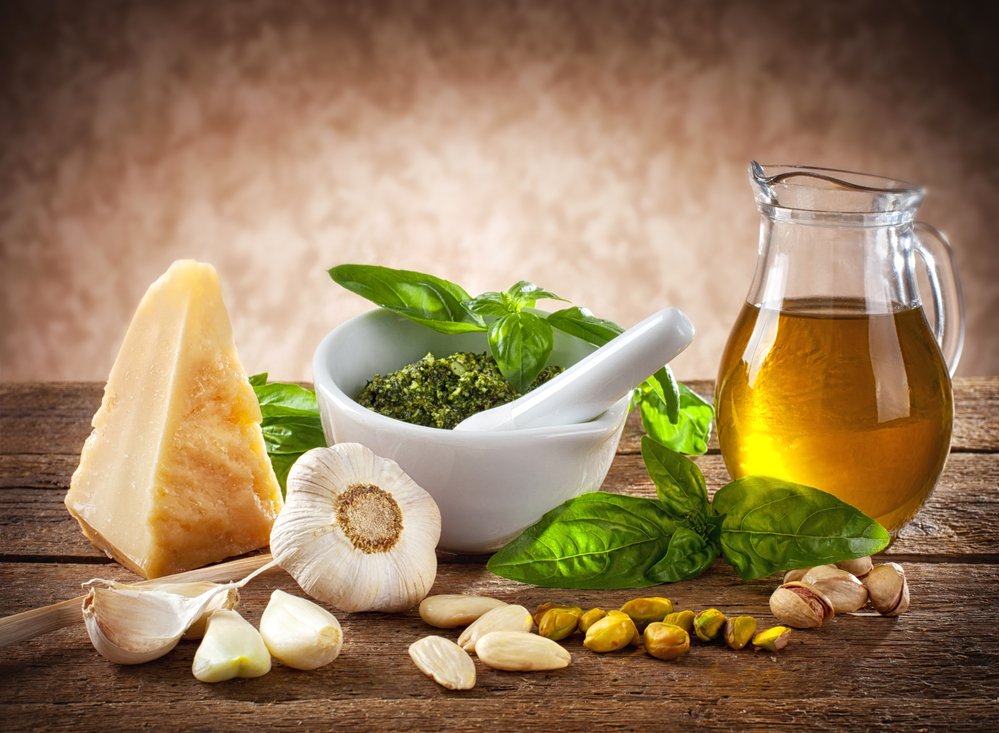Did you know that what you eat during pregnancy impacts your baby’s future health? A Mediterranean-style diet has been found to be one of the healthiest options for pregnant mummas. Here we investigate the benefits.
What is the Mediterranean diet?
The Mediterranean diet is rich in fruits, vegetables, whole grains, fish, legumes and nuts. It contains adequate dairy consumption and the occasional glass of wine or serve of red meat. The Mediterranean diet is rich in antioxidants, fibre and good mono- and poly-unsaturated fats – all of which have been independently shown to have protective factors on our health. Furthermore, research has shown that this eating plan has been correlated with reducing blood pressure, preventing heart disease and improving blood sugar levels by 50 to 70%.
What are the effects of a Mediterranean diet during pregnancy?
The Western diet, which tends to be low in beneficial antioxidants and omega-3 fatty acids, and high in omega-6 fatty acids, can cause inflammation and oxidation which may contribute to a higher risk of asthma and allergies. Furthermore, a Western-style diet has also been linked with low birth weight, preterm birth and placental problems in babies. In contrast, the Mediterranean diet has been associated with appropriate birthweight, reduced risk of allergies, preterm birth and pre-eclampsia.
Additionally, emerging research has found a 35% decrease in gestational diabetes risk and a reduced likelihood of excess weight gain during pregnancy on a Mediterranean diet compared to other diets. Although these benefits were mostly seen in women with pre-existing conditions such as high blood pressure, obesity and high blood cholesterol levels, other research suggests positive outcomes come from adopting a Mediterranean diet.
Tips to adopt a Mediterranean diet during your pregnancy
Following a Mediterranean eating plan is not difficult! Try these tips:
- enjoy a handful of nuts everyday
- make extra virgin olive oil your oil of choice
- reduce red meat intake by swapping to vegetarian dishes that include legumes and tofu
- while drinking small amounts of red wine is common with a Mediterranean diet, it is important to note that during pregnancy, it is recommended that you do not consume any alcohol (including red wine), as it may cause developmental abnormalities in your baby
- replace butter with healthy fats from avocados or olive oil
- eat low mercury, well-cooked fish at least twice a week such as tuna or salmon is also recommended
- include fresh fruit and chopped raw vegetables as a snack
For more tips on how to follow a nutritious Mediterranean diet for optimal pregnancy, visit melaniemcgrice.com.au/pregnancy.
You may also like to read:
10 Healthy Snack Ideas for your Pregnancy
Pros and cons of a vegetarian diet during your pregnancy journey









